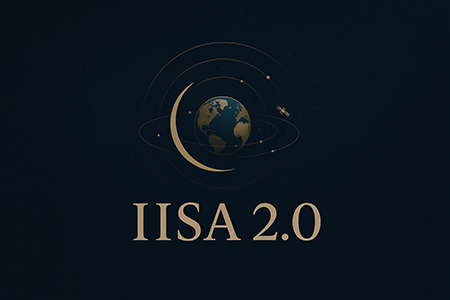The defeat of Geert Wilders — leader of the Dutch Partij Voor de Vrijheid (PVV) “Party for Freedom” — in the March general elections of the Netherlands was hailed as a triumph by European politicians. German Chancellor Angela Merkel commented the result ‘was a good day for democracy’, and French President François Hollande expressed the defeat of the PVV as a ‘clear victory over extremism’. While this sentiment of relief among European politicians is understandable in the jittery post-Brexit climate — it is clear that these politicians have missed the true nature of the Dutch elections. Not only did the PVV — champion of anti-refugee politics in the Netherlands — gain enough seats in parliament to become the second largest party in the country, but its xenophobic message permeated through to other parties and their public stances. Dutch Prime Minister Rutte’s infamous ‘be normal, or be gone’ message to asylum seekers is indicative of the anti-refugee shift in Dutch politics caused by the PVV. In truth, the Dutch election result is a victory for the politics of PVV — anti-refugee views have been normalised and legitimised.
The Netherlands has maintained a relatively active response to the refugee crisis, and certainly made efforts to develop comprehensive reception and asylum processes to handle the influx of displaced persons in 2015. However, even before the election, Dutch asylum procedures have been one of the harshest in Europe. According to EU investigation, only 35% of refugee requests in the Netherlands are honoured — and for failed asylum-seekers, Dutch policy is absolutely unrealistic and dismissive of failed asylum-seekers’ circumstances. The Dutch response to failed asylum-seekers has been heavily criticised by human rights groups and advocates, both domestically and internationally. The European Committee of Social Rights issued two firm decisions against the Dutch state in 2015, after which the Netherlands established the Bed, Bath & Bread scheme to better provide social assistance and supplies for refugees. Though the scheme was paralysed by political disagreement on refugee policy throughout, and eventually failed in late 2016, it seems to have served its purpose to quell European detractors of Dutch policy — with the European Court of Human Rights finding no fault in the Dutch refugee response in the case of Hunde in 2016. In essence, it appears the Netherlands has been given full liberty to continue its harsh policies on asylum-seekers.
Returning to the Dutch elections — support for the PVV narrative on refugees stems from the rapid influx and its perception by local communities. Some locals expressed concern that cities like Rotterdam now ‘feel like abroad’ and full of ‘foreigners’. Some draw a distinction between ‘deserving’ and ‘undeserving’ asylum-seekers, and public protest being directed at the ‘undeserving’ who are seen to be abusing Dutch generosity. In a climate of public unease and rising xenophobic politics in response to the refugee crisis, refugee rights must be actively upheld, and local communities must be reassured. There must an active effort to share the stories and experiences of asylum-seekers — both those accepted and those rejected by the Dutch state — in order for the public to empathise and understand why these persons cannot return home, and the ways the State exploits nuances to reject persons who clearly deserve protection. While there are difficulties with integration of refugees into host societies which mean asylum should not be an automatic award — these concerns should be voiced with sympathy, and not used to fuel xenophobic politics.
